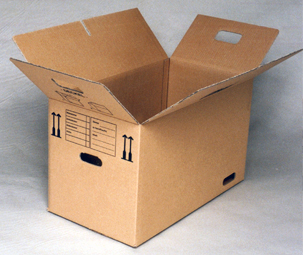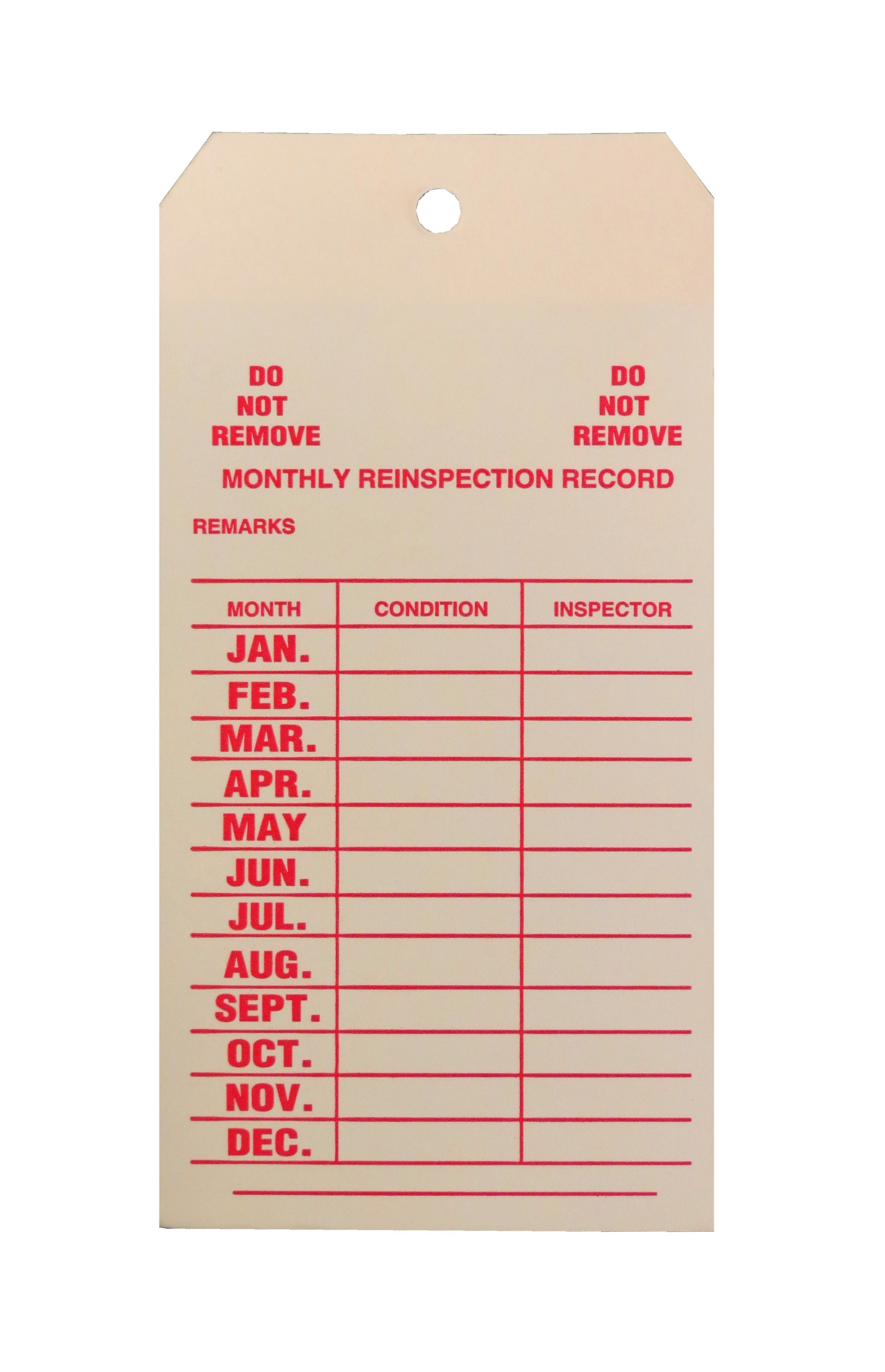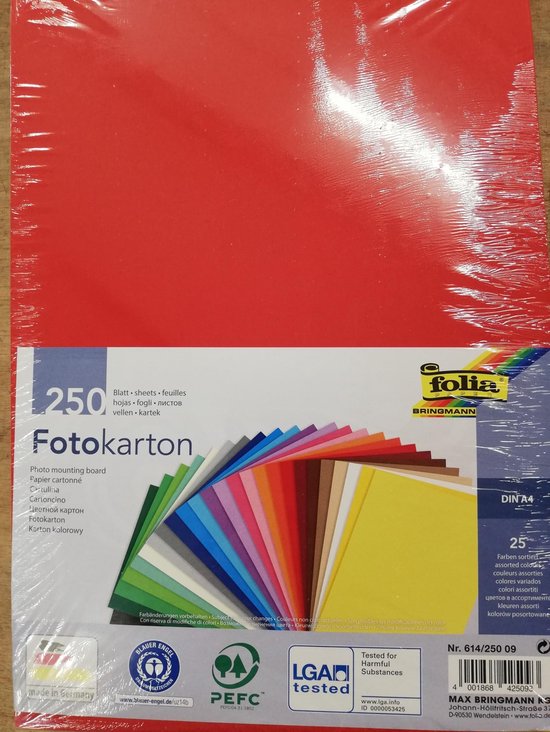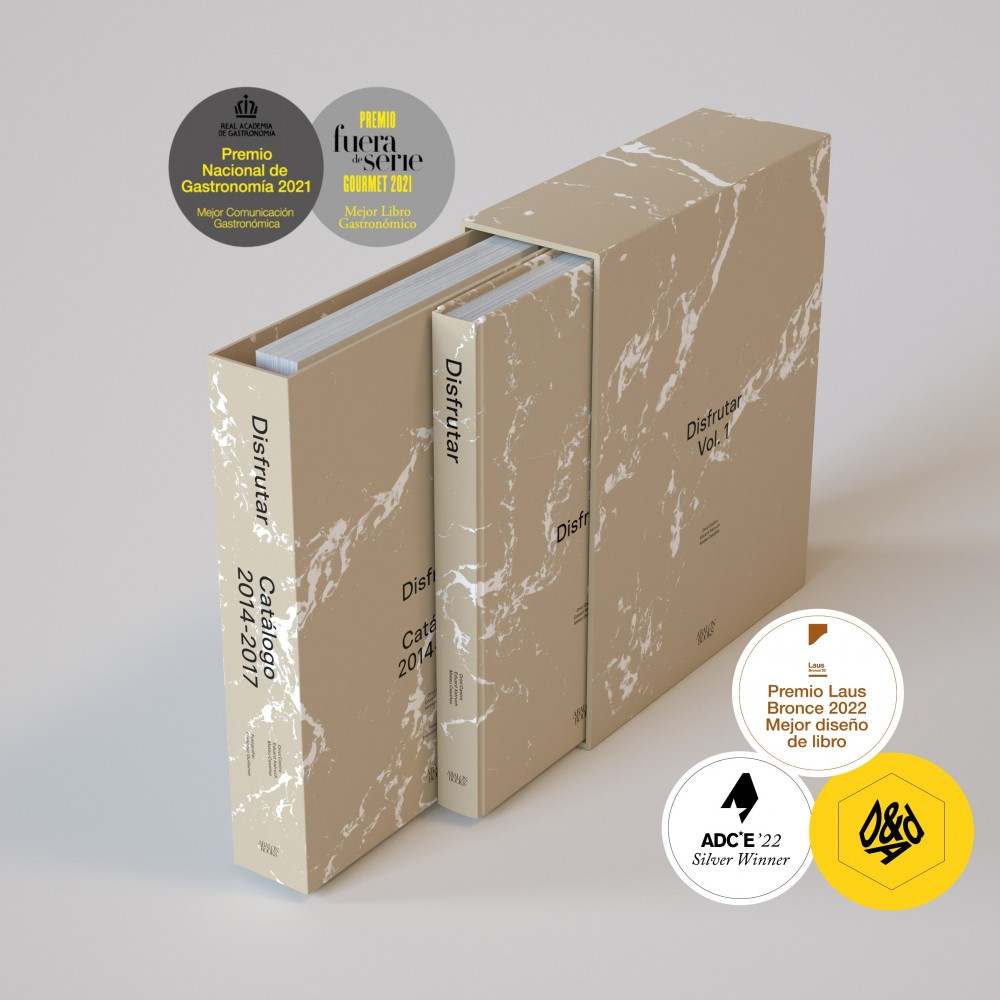
Calendrier perpétuel en carton avec spirales (jours et mois en anglais) publicitaire à personnaliser | PUBART

Des dizaines de cartons donnés par Kentucky contenant une variété de fournitures scolaires comme les cahiers, crayons, crayons, livres, des ciseaux et des règles d'emballage par les participants attendent de l'Illinois Symposium

Debout Bulldog Anglais Recherche Vers Le Bas Dans La Boîte En Carton - Livraison Ou Le Déplacement De Concept Banque D'Images Et Photos Libres De Droits. Image 4149703.

Volant Coin Box Panda - Tirelire - Panda Bear - Anglais - Grand Cadeau pour Tout Enfant (Panda) (Cat Box) : Amazon.fr: Cuisine et Maison
Ensemble de texture carton alphabet anglais, isolé sur fond blanc - Stock photo 2857592 | Crushpixel

Se débrouiller avec des termes anglais pour passer sa commande sur internet (#encoulisse1) - Blog Linnea, linge de maison et +




















